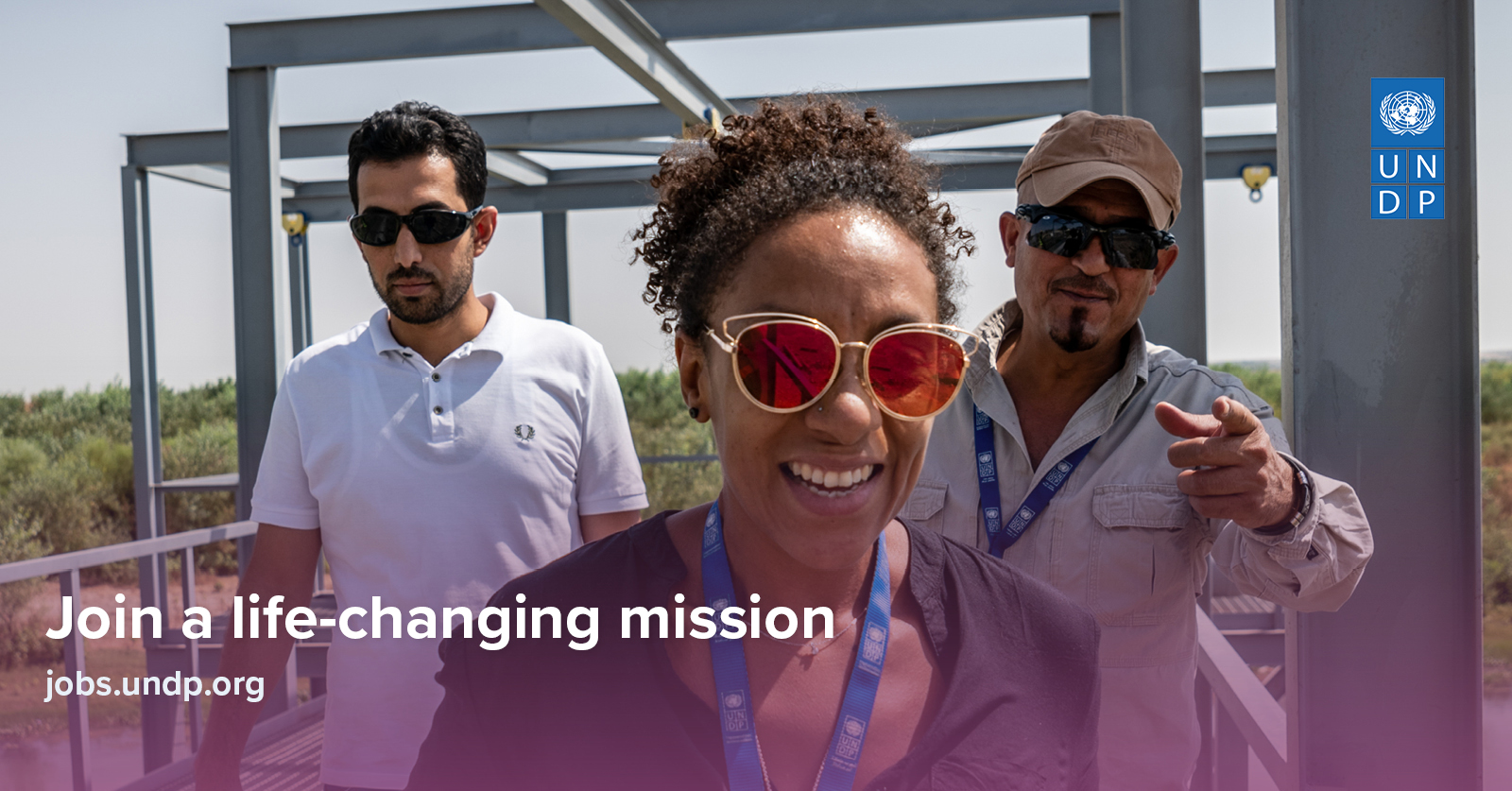
UNDP Lao PDR:
Guided by the global UNDP Strategic Plan (2022 – 2025) and UNDP Country Programme Document (CPD) for Lao PDR (2022 – 2026), UNDP in Lao PDR works closely with the line Ministries, mass organizations, civil society, development partners, and the private sector at both national and international levels in pursuit of the national socio-economic development priorities defined in Lao PDR’s five-year National Socio-Economic Development Plan (NSEDP) and Sustainable Development Goals (SDGs). The UNDP’s work is strongly focused on the provision of policy advice and technical support to the Government of Lao PDR in the design and implementation of national legislation and strategies across four broad Priority Pillars – (1) inclusive growth and reduced inequalities, (2) UXO clearance and risk education, (3) natural resources, climate change and disaster risk reduction, as well as (4) effective, responsive, and accountable governance.
UNDP has a long history working in Lao PDR. UNDP’s comparative advantage has been its ability to work closely with a very broad range of government and local-level institutions at all levels. The new UNDP country programme is aligned with the 9th NSEDP and is anchored in UNDP’s long-term partnership with the Government of more than three decades. The new programme builds on the achievements of the previous CPD that saw the incorporation of the SDGs into the national planning architecture. It will aim to support Lao PDR recovery from the economic and social impacts of the COVID-19 pandemic and continue its transition from LDC status, with a particular emphasis on supporting inclusive growth and reducing inequality.
UNDP Lao PDR, UXO Unit:
Lao People’s Democratic Republic (Lao PDR) is, per capita, the most heavily bombed country in the world. More than forty years after the end of the 1964-1973 Indochina Conflict, Unexploded Ordnance (UXO) remains a major humanitarian and socioeconomic challenge to the country, causing deaths and injuries, limiting access to potentially productive land, and adding substantial costs to processes of development. The Government of Lao PDR has been active in the clearance process since shortly after the conflict. Lao PDR has advocated for the Convention on Cluster Munitions (CCM) and hosted the first Meeting of States Parties in 2010. It also embraced the UXO issue as a key development matter by locally establishing the Sustainable Development Goal 18 (SDG18), “Lives Safe from UXO”.
The next National Strategic Plan for the UXO Sector in the Lao PDR 2021 – 2030, “The Safe Path Forward III” (SPFIII), which was endorsed by the Government of Lao PDR in July 2022, details the objectives of the Government and its development partners over the forthcoming period where the aim is to reduce the humanitarian and socio-economic threats posed by UXO. A focus of the document is the need to ensure strong integration with development mechanisms, particularly at a provincial level and to ensure actions are focused towards community level priorities for the facilitation of development.
UNDP support to the UXO sector in Lao PDR has focused in two axes, notably: 1) support to strengthening the capacity and technical competency of the National Regulatory Authority, to be able to oversee and steer the sector in pursuance of national strategic goals and obtaining Lao PDR’s unique UXO Action Sustainable Development Goal, SDG 18: Lives Safe from UXO. 2) To provide capacity support for survey and clearance, through support to UXO Lao and the Humanitarian teams of the Lao People’s Army (Unit 58), thus hastening progress towards clearance in impacted communities.
OBJECTIVE
Video, Photography and graphic design for the UNDP UXO programme: Under the supervision of the Head of UXO Unit, the consultant will be responsible for ensuring a quality five-minute documentary video, three photo essays and posters with infographics that effectively raises Lao people’s awareness of the UXO by highlighting its implications on the national development and demonstrates the impact of UNDP’s work in UXO sector in Lao PDR





